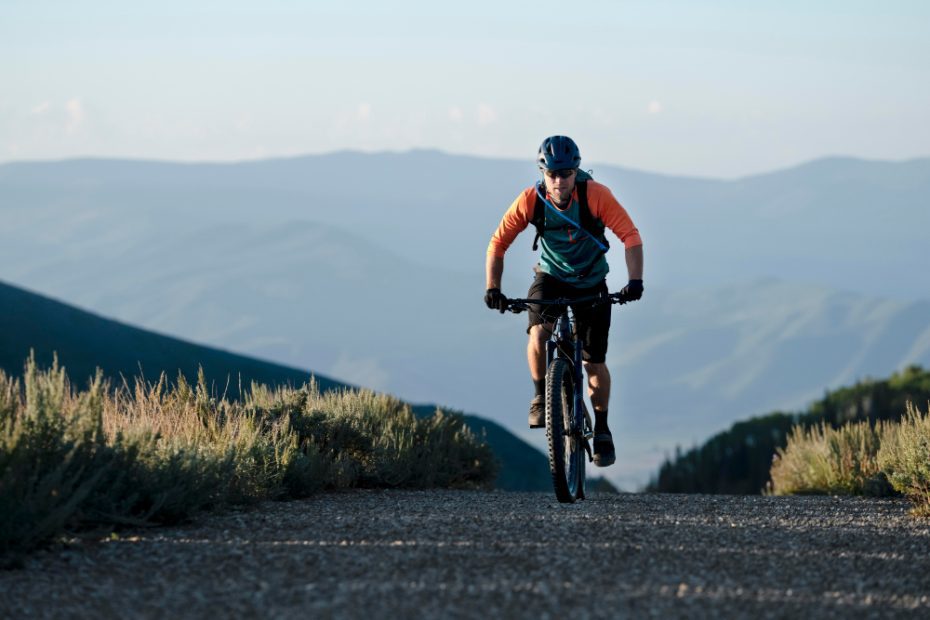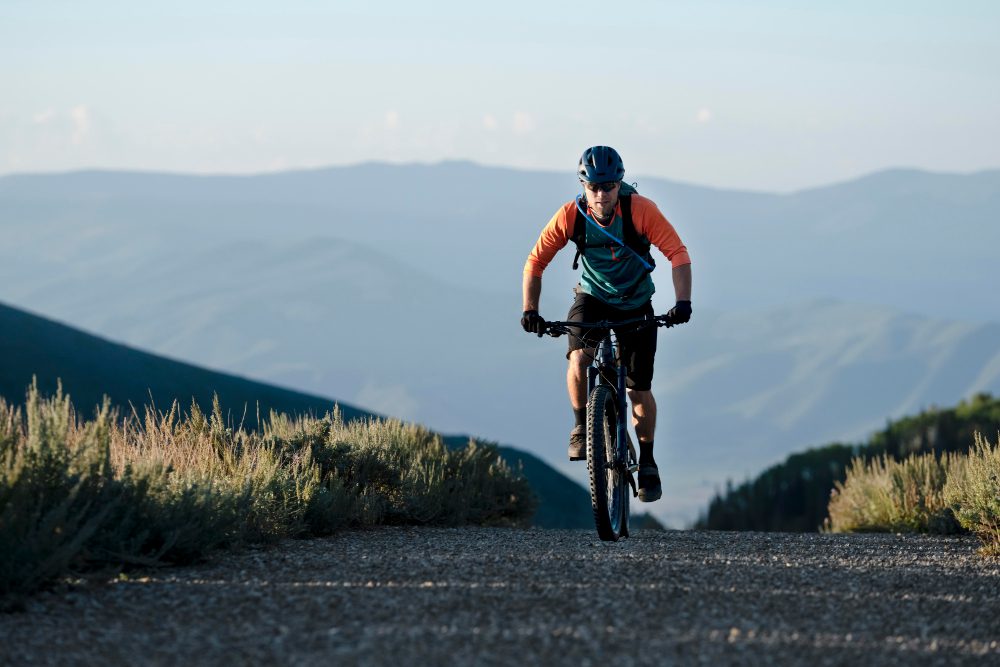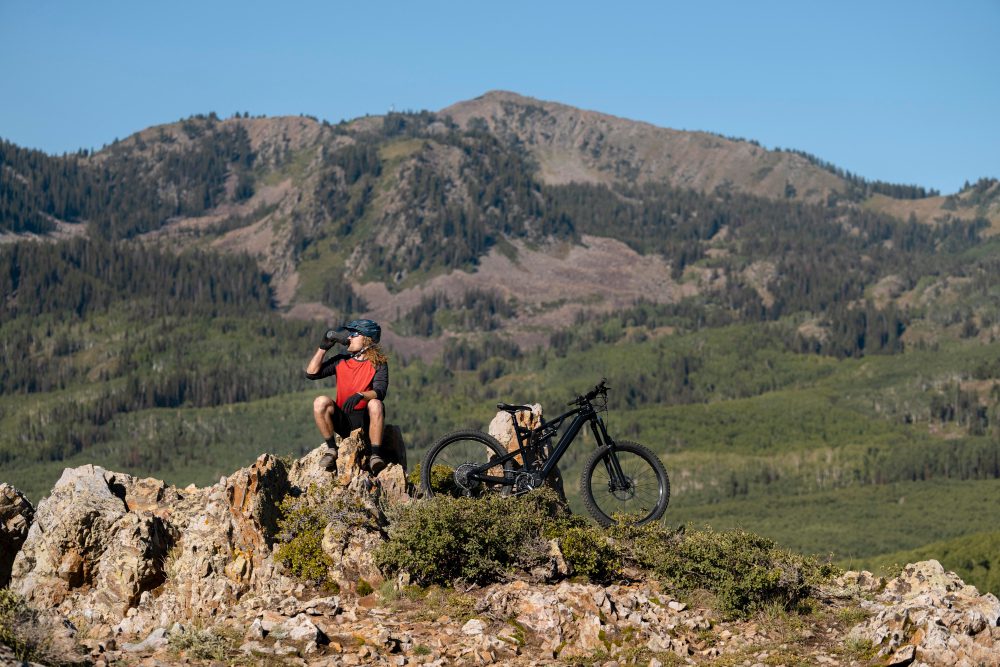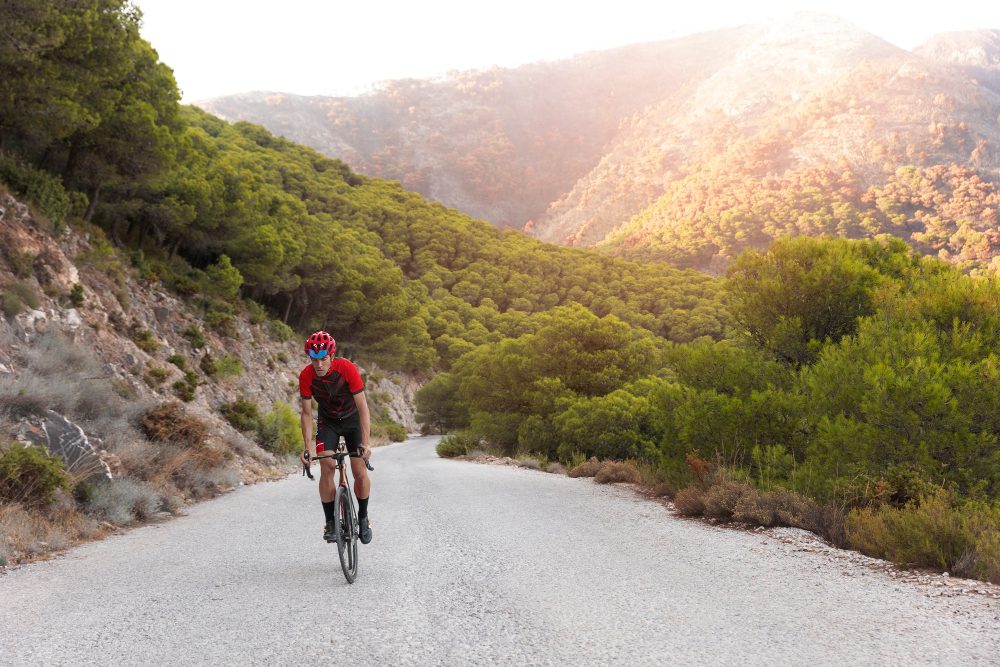What to do before a 100 mile bike ride?
Introduction
Undertaking a 100 mile bike ride is no small feat, and proper preparation is key to ensure a successful and enjoyable experience. Whether you’re a seasoned cyclist or a beginner looking to take on this challenge, there are certain steps you should take before hopping onto your saddle. From training and equipment checks to nutrition and rest, this article will guide you through the essential preparations to embark on a 100 mile bike ride.
Training
Preparing your body for the physical demands of a 100 mile bike ride is crucial. Gradually increasing your training distances will not only build endurance but also help prevent injuries. It is recommended to start with shorter rides and gradually work your way up to longer distances.
Tip: Incorporate interval training sessions into your routine to improve your overall speed and stamina.
“Training is everything. The peach was once a bitter almond; cauliflower is nothing but cabbage with a college education.” – Mark Twain
Equipment Check
Prior to the big ride, it’s essential to ensure that your bike is in optimal condition. Check the tire pressure, brakes, gears, and chain to make sure everything is functioning correctly. Also, don’t forget to bring spare inner tubes, a pump, and essential tools in case of any mechanical issues during the ride.
Essential Equipment Checklist:
| Item | Quantity |
|---|---|
| Spare inner tubes | 2 |
| Tire pump | 1 |
| Multi-tool kit | 1 |
| Saddlebag for storing tools | 1 |
Nutrition and Hydration
Achieving optimal nutrition and hydration before, during, and after the ride is vital for sustaining energy levels and preventing the onset of fatigue. Load up on carbohydrates a day or two before the ride and make sure to consume a balanced meal on the day of the ride. During the ride, remember to stay hydrated by drinking water regularly and replenishing electrolytes with sports drinks.
Tip: Pack energy gels or bars to provide quick fuel during the ride.
Rest and Recovery
Getting sufficient rest leading up to the 100 mile bike ride is often overlooked but crucial for performance and recovery. Ensure you have a good night’s sleep before the event and allow yourself time to rest and recover afterward. Massage rollers or foam rollers can be useful for relaxing tight muscles and aiding in recovery.
How Do You Eat on a 100 Mile Bike Ride?
Importance of Nutrition for a 100 Mile Bike Ride
Proper nutrition is crucial when undertaking a challenging physical activity like a 100 mile bike ride. Consuming the right foods can provide the energy and nutrients needed to sustain performance and aid in recovery.
Pre-ride Fueling
Prior to the ride, it’s important to have a balanced meal that includes carbohydrates, proteins, and healthy fats. Foods such as porridge, eggs, whole wheat toast, and fruits can provide the necessary fuel.
During the Ride
During the bike ride, it’s essential to maintain energy levels by consuming easily digestible carbohydrates. Items like energy gels, energy bars, bananas, and isotonic drinks can be consumed at regular intervals to provide a steady supply of nutrients.
Hydration
Staying hydrated is equally important during a long bike ride. Sip water or electrolyte drinks regularly to replenish fluids lost through sweating. Aim to consume around 500ml of fluids per hour.
Post-Ride Recovery
After completing a 100 mile bike ride, it’s vital to refuel your body to aid recovery. Consuming a combination of carbohydrates and protein within 30 minutes of finishing the ride can help restore glycogen stores and rebuild muscle tissues.
Remember:
“Fuel your body properly before, during, and after the ride to optimize performance and aid in recovery.”
Here’s an example of a post-ride recovery meal:
| Food | Quantity |
|---|---|
| Grilled chicken breast | 4 ounces |
| Quinoa | 1 cup |
| Steamed vegetables | 1 cup |
| Greek yogurt | 1/2 cup |
Tips for Eating on a 100 Mile Bike Ride
- Practice your nutrition strategy during training rides to find out what works best for you.
- Carry portable snacks such as energy bars or trail mix for easy access while cycling.
- Take small, frequent bites to ensure continuous fuel intake without overloading your stomach.
- Avoid consuming heavy or greasy foods that can cause digestive discomfort.
- Listen to your body’s hunger and thirst signals and adjust your eating and drinking accordingly.
By following these nutrition tips, you can fuel your body effectively and optimize your performance during a 100 mile bike ride.
What not to eat before a long bike ride?
Introduction
When preparing for a long bike ride, it is crucial to fuel your body with the right foods. While it’s important to know what to eat, it’s equally important to understand what not to eat before hitting the road. The wrong food choices can lead to discomfort, fatigue, and even digestive issues during your ride.
Avoid Heavy and Greasy Foods
Heavy and greasy foods should be avoided before a long bike ride. These types of foods take longer to digest and can leave you feeling sluggish and uncomfortable on the bike. Foods high in fat, such as fried foods, cheeseburgers, and creamy sauces, can also lead to digestive problems and may cause stomach upset during your ride.
Say No to High-Fiber Foods
If you want to avoid any unwanted pit stops during your ride, it’s best to stay away from high-fiber foods. While fiber is important for a healthy diet, consuming too much of it before a long bike ride can lead to bloating and gastrointestinal distress. Foods like beans, lentils, and bran cereals are best saved for after your ride.
Steer Clear of Spicy and Acidic Foods
Spicy and acidic foods can cause heartburn and acid reflux, which are not pleasant sensations while pedaling for miles. It’s best to avoid foods like chili peppers, hot sauce, citrus fruits, and tomatoes before a ride. Opt for milder and less acidic options to keep your stomach comfortable during your journey.
Limit Alcohol and Caffeine
While it may be tempting to have a pre-ride coffee or a celebratory beer, both alcohol and caffeine can dehydrate the body. They act as diuretics, which increase urine production and can lead to dehydration. Dehydration can cause fatigue and impair your performance on the bike. It’s best to save these beverages for after your ride.
Conclusion
Remember, what you eat before a long bike ride can significantly impact your performance and overall experience on the road. Avoid heavy and greasy foods, high-fiber foods, spicy and acidic foods, as well as alcohol and caffeine. Instead, opt for lighter, easily digestible meals that provide sustained energy. Stay hydrated and enjoy your ride!



